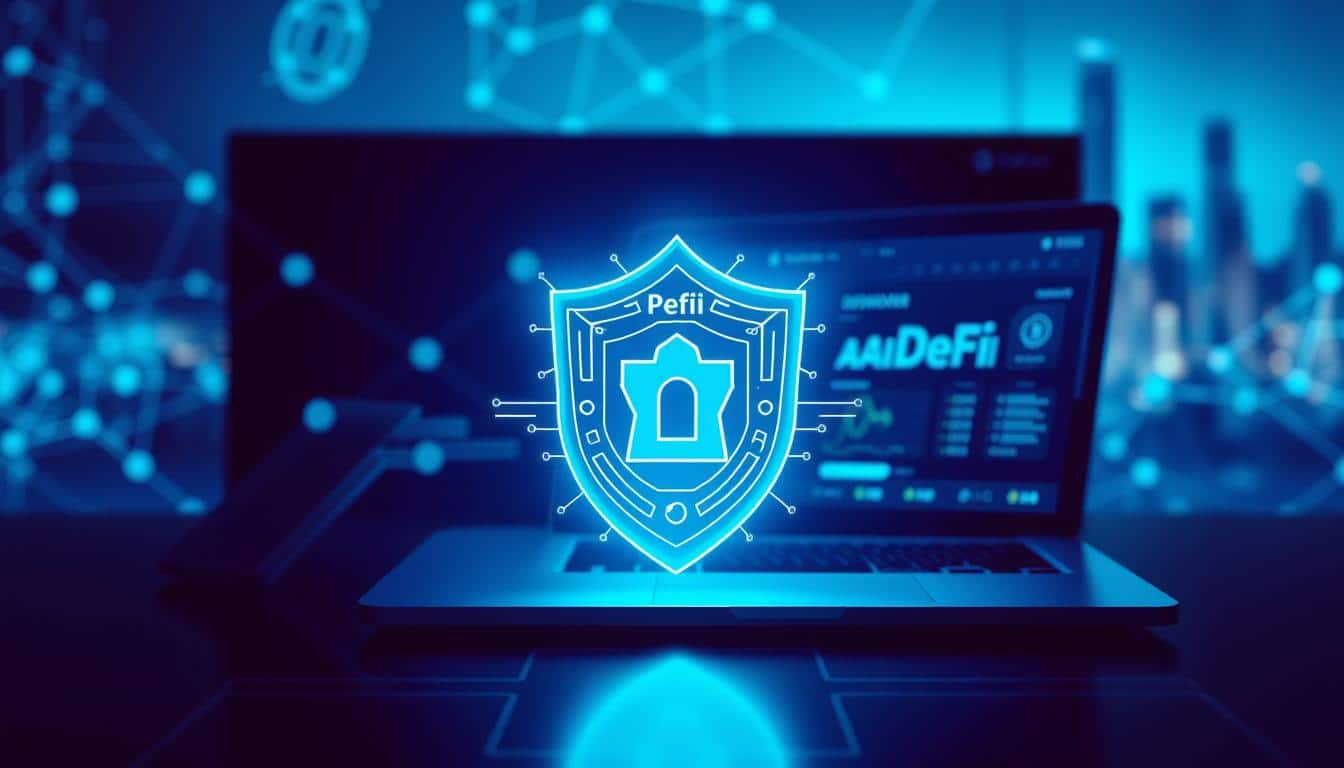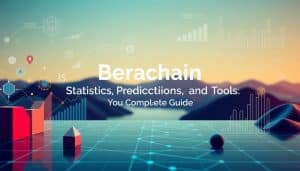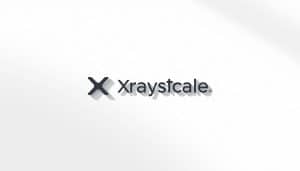
Avoid Costly Losses: How to Spot and Prevent DeFi Wallet Scams
Decentralized Finance (DeFi) has changed digital investing. But it brings big risks too. Investor psychology helps us understand why people fall for cryptocurrency scams. Researchers

Step-by-Step Guide: How to Secure Your Crypto Wallet and Protect Your Assets
Digital asset protection is crucial in today’s fast-changing cryptocurrency world. Recent data shows $600 billion in crypto value disappeared during market swings. This highlights why

Bitcoin.com Bitcoin Wallet Review: Safe, Easy, and Perfect for Beginners
The cryptocurrency landscape can feel overwhelming for newcomers. The Bitcoin.com Bitcoin wallet simplifies digital asset management with powerful tools. This comprehensive bitcoin wallet review explores

How High Can the Pi Coin Price Rise in the Next Five Years?
Discover expert predictions for Pi Coin Price and explore the potential growth factors that could drive its value higher through 2028. Get insights into market trends.

Bitcoin Price: Latest Trends and Analysis
Did you know that back in 2016, in India, Bitcoin’s price was higher than the world’s average by 20%? This was during India’s ban on certain banknotes. It highlights how Bitcoin reacts to worldwide financial events. Bitcoin remains central in
Predicting Stock Prices: Power of Reddit Communities
Navigating the world of stock investments can be daunting, but the rise of social media platforms like Reddit has added a new dimension to stock price prediction. You’ve probably heard stories of Reddit communities like WallStreetBets shaking up the financial

Bitcoin’s Price Skyrockets in 2025 With Promising Predictions
Bitcoin, a highly volatile and potentially lucrative cryptocurrency, is poised to skyrocket in price in 2025, with bold predictions from industry experts. Mark Mobius, a renowned investor, foresees a price of $60,000, while Bit Mining’s chief economist believes it could

Wall Street Pepe Price Today: Live Crypto Value
Wall Street Pepe, a meme-inspired cryptocurrency, is currently priced at $0.0000229. Its value has dropped 4.36% in the last 24 hours. This digital asset is part of a diverse crypto market that includes Bitcoin ($106,743.00) and Ethereum ($3,948.99)1. Meme coins
Why Cryptsy Stands Out
Real-Time Updates: Latest news, presale alerts, and live Bitcoin price updates to keep you ahead of the market.
All-in-One Crypto Hub: Comprehensive coverage from Bitcoin and Ethereum prices to detailed analysis of presales, ICOs, and token launches.
Seamless User Experience: User-friendly platform suitable for beginners and professionals exploring crypto opportunities.
How Cryptsy Helps You Succeed
Cryptsy provides essential tools and knowledge for all investors, helping you make informed decisions in the cryptocurrency market.
Latest Crypto News

Avoid Costly Losses: How to Spot and Prevent DeFi Wallet Scams
Decentralized Finance (DeFi) has changed digital investing. But it brings

Step-by-Step Guide: How to Secure Your Crypto Wallet and Protect Your Assets
Digital asset protection is crucial in today’s fast-changing cryptocurrency world.

Bitcoin.com Bitcoin Wallet Review: Safe, Easy, and Perfect for Beginners
The cryptocurrency landscape can feel overwhelming for newcomers. The Bitcoin.com

How High Can the Pi Coin Price Rise in the Next Five Years?
Discover expert predictions for Pi Coin Price and explore the
FAQ
Cryptsy is a leading platform for cryptocurrency news, providing the latest insights, trends, and developments in the digital asset world.
Cryptsy provides the most current information, suggesting frequent updates to keep readers informed in the fast-paced world of digital finance.
Cryptsy provides the most current information, suggesting frequent updates to keep readers informed in the fast-paced world of digital finance.
Yes, Cryptsy is designed to keep all readers informed, regardless of their experience level in the cryptocurrency world.
Cryptsy is led by Ethan Blackburn, whose expertise and commitment to delivering cutting-edge news make it a beacon of authority in the cryptocurrency news space.
Yes, Cryptsy provides insights and trends, suggesting analytical content alongside news updates.
| # | Name | Price | Market Cap | Change | Price Graph (24h) | ||||||||||||||||||||||||||||||||||||||||||||||||||
|---|---|---|---|---|---|---|---|---|---|---|---|---|---|---|---|---|---|---|---|---|---|---|---|---|---|---|---|---|---|---|---|---|---|---|---|---|---|---|---|---|---|---|---|---|---|---|---|---|---|---|---|---|---|---|---|

Bill Gates: Tech Pioneer and Philanthropist

Berachain Statistics, Predictions, and Tools: Your Complete Guide

BscScan: Track Your BNB Smart Chain Transactions Live

BBets: Your Ultimate Sports Betting Destination

Baby Doge Coin News: Latest Updates, Tools, and Predictions

Apemax Coin: The Cryptocurrency Shaping the Future

Top Picks for Best Long Term Cryptocurrency to Invest

Polymarket Faces $1.4M SEC Fine over Unlicensed Trading

Grayscale XRP Fund Launches Amid Regulatory Clarity

Myro Coin Price: Live Crypto Value and Analysis

Holding It In Meme Price Prediction 2025-2027

Virtuals Protocol: Uncovering the Latest Price Predictions

 Bitcoin
Bitcoin  Ethereum
Ethereum  Tether
Tether  XRP
XRP  USDC
USDC  Solana
Solana  Lido Staked Ether
Lido Staked Ether  TRON
TRON  Dogecoin
Dogecoin  Cardano
Cardano  Figure Heloc
Figure Heloc  WhiteBIT Coin
WhiteBIT Coin  Wrapped stETH
Wrapped stETH  Bitcoin Cash
Bitcoin Cash  Wrapped Bitcoin
Wrapped Bitcoin  USDS
USDS  Chainlink
Chainlink  Wrapped eETH
Wrapped eETH  Binance Bridged USDT (BNB Smart Chain)
Binance Bridged USDT (BNB Smart Chain)  LEO Token
LEO Token  WETH
WETH  Hyperliquid
Hyperliquid  Stellar
Stellar  Monero
Monero  Zcash
Zcash  Coinbase Wrapped BTC
Coinbase Wrapped BTC  Ethena USDe
Ethena USDe  Litecoin
Litecoin  Sui
Sui  Avalanche
Avalanche  Hedera
Hedera  Shiba Inu
Shiba Inu  sUSDS
sUSDS  USDT0
USDT0  Dai
Dai  Mantle
Mantle  PayPal USD
PayPal USD  Toncoin
Toncoin  World Liberty Financial
World Liberty Financial  Cronos
Cronos  Ethena Staked USDe
Ethena Staked USDe  Uniswap
Uniswap  Polkadot
Polkadot  Aave
Aave  MemeCore
MemeCore  Bittensor
Bittensor  USD1
USD1  Rain
Rain